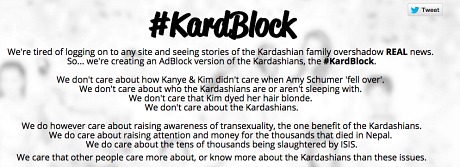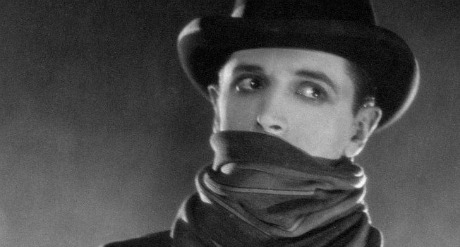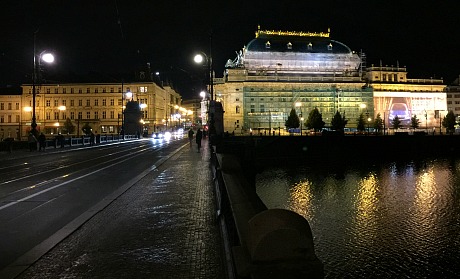Reviews of Cameron Crowe‘s Aloha (Sony, 5.29) will finally pop later today. One presumes that reactions will be mostly non-adoring (here’s a review by The Stranger‘s Erik Henriksen). And yet a seasoned, been-around guy who attended Tuesday night’s all-media says that (a) it’s actually a fairly pleasing film and (b) his wife called it the most engaging she’s seen this year. (This will almost certainly turn out to be a minority view.) I won’t see Aloha until I return to the States on Monday…well, actually Tuesday as I’ll be catching a 7 pm Manhattan all-media of Entourage on 6.1.
In any event I’ve been thinking about the beefs against Crowe’s film by the Media Action Network for Asian Americans, which are basically that the Hawaii-based film ignores the multicultural nature of society in general (i.e., not just Hawaiian) by telling a story that is pretty much entirely about white people — Bradley Cooper, Emma Stone, Rachel McAdams, John Krasinski, Danny McBride, Bill Murray, Alec Baldwin.
“Caucasians only make up 30% of the population of Hawaii, but from watching this film, you’d think they made up 99%,” a MANAA press release reads. “This comes in a long line of films — The Descendants, 50 First Dates, Blue Crush, Pearl Harbor — that uses Hawaii for its exotic backdrop but goes out of its way to exclude the very people who live there. It’s an insult to the diverse culture and fabric of Hawaii.”
MANAA is mostly right. Nativism and multiculturalism are the reigning theologies today, and anyone making a film about a group of white people in a region or country in which the vast majority are non-white risks seeming a bit jaded, and certainly out of step with the times. On the other hand it should be allowable for Crowe, a white guy who grew up in Wonderbread San Diego in the ’50s and ’60s, to make a movie about a social realm in which he used to live in, and in which he probably to some extent still lives in in his head.
Read more









